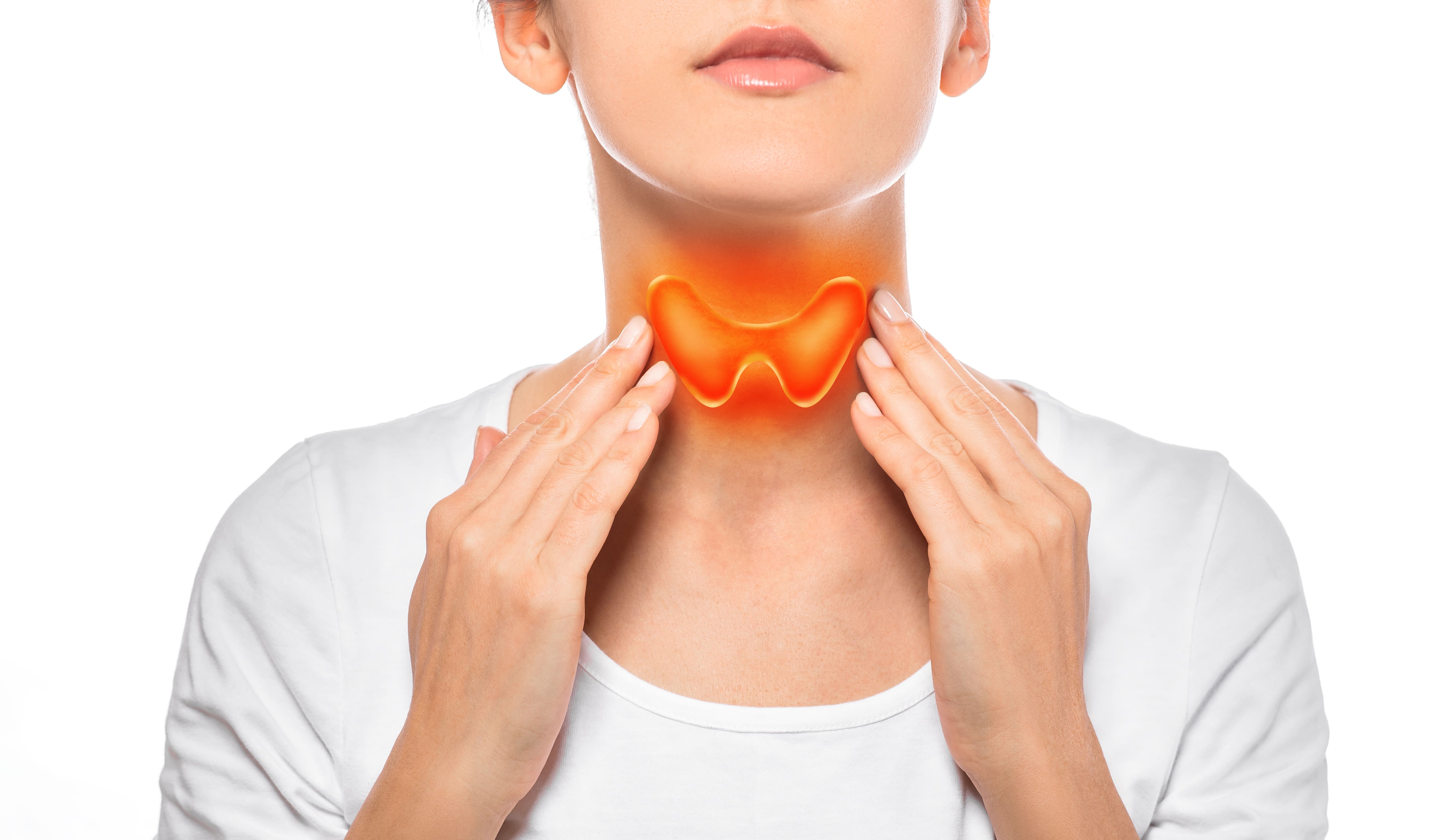
Thyroid problems are among the most common thyroid diseases affecting women worldwide. The thyroid gland, a small butterfly-shaped gland located at the front of your neck, produces essential thyroid hormones that regulate metabolism, body temperature, and many of your body's vital functions. When this gland does not make enough thyroid hormone or produces too much thyroid hormone, it can cause serious health problems that affect physical, mental, and reproductive well-being.
The thyroid gland makes two main hormones—thyroxine (T4) and triiodothyronine (T3). These hormones influence how your body uses energy, supports organ function, and keeps your systems in balance. The pituitary gland controls thyroid activity through thyroid-stimulating hormone (TSH).
When you have an underactive thyroid (called underactive thyroid or hypothyroidism), you don’t produce enough thyroid hormone. On the other hand, an overactive thyroid (hyperthyroidism) occurs when the gland produces much thyroid hormone. Both conditions fall under thyroid disorders and require proper diagnosis and treatment.
Women are more likely than men to develop thyroid disease, especially during hormonal changes like pregnancy, menopause, and puberty.
Thyroid disorders impact many areas of a woman’s life:
Thyroid hormone levels help regulate menstrual cycles and ovulation. Untreated hypothyroidism can cause irregular periods, heavy bleeding, or infertility. Hyperthyroidism treatment is crucial for women trying to conceive, as too much thyroid hormone can disrupt cycles and pregnancy outcomes.
Thyroid diseases affect fetal brain development and maternal health. Without proper management, there’s an increased risk of miscarriage, preterm birth, and low birth weight. Blood tests during pregnancy are essential to monitor hormone levels.
Hypothyroidism symptoms include depression, sluggishness, and memory loss, while symptoms of hyperthyroidism often involve anxiety, irritability, and trouble concentrating.
Because the thyroid produces hormones that regulate metabolism, hypothyroidism treatment can help reverse weight gain, and hyperthyroidism treatment can manage unintended weight loss.
Dry skin, thinning hair, and brittle nails are common when the thyroid gland is imbalanced. Addressing thyroid hormone levels can restore healthy skin and hair growth.
Both overactive thyroid and underactive thyroid can cause fatigue—either from slowed metabolism or from overstimulation of the nervous system.
A combination of physical exam, blood tests (TSH, T3, T4), thyroid ultrasound, thyroid scan, and imaging tests can pinpoint the issue. Family history of thyroid disease, exposure to radiation treatment or radioactive iodine treatment, and certain pituitary disorders are major risk factors.
Treatment depends on the type of disorder:
Lifestyle changes, addressing iodine deficiency, and treating underlying autoimmune disease also play a role in managing symptoms.
Thyroid disorders are common but manageable. From symptoms of hypothyroidism like weight gain and fatigue to symptoms of hyperthyroidism like rapid heartbeat and poor weight gain, these conditions can disrupt many of your body's functions. With timely blood tests, accurate diagnosis, and the right treatment plan, women can restore balance, protect long-term health, and prevent complications such as heart failure, digestive and kidney diseases, or severe hormonal imbalance.

Monday - Tuesday: 8AM - 6PM
Wednesday - Thursday: 8AM - 5PM
Friday - Sunday: Closed
